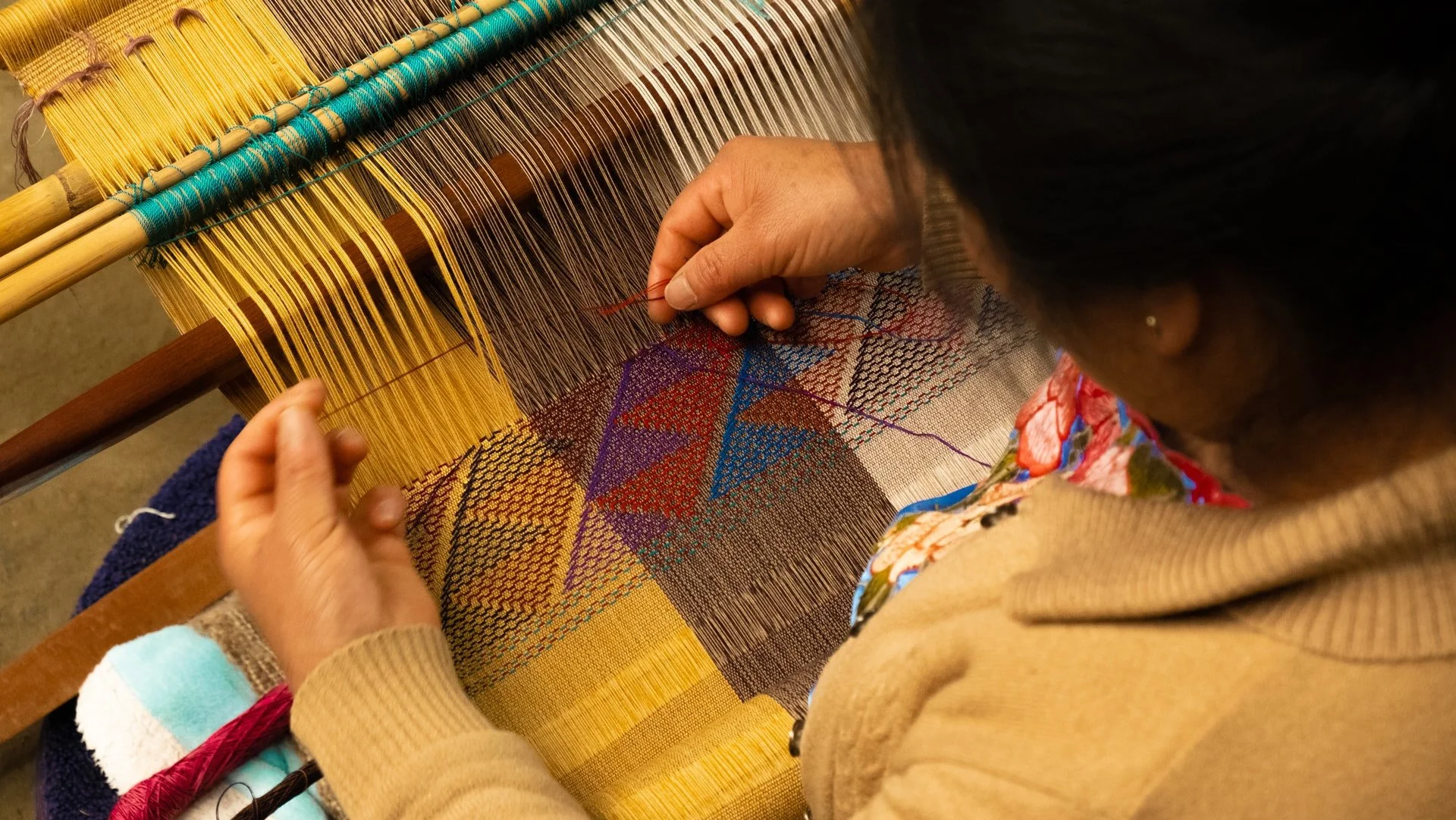Rules of Engagement
Recently I rediscovered an article that for some reason I never got around to blogging about when I first read it last December. But once again it struck me as something really important to consider for anyone working (or supporting work) among the poor, and especially among indigenous populations. While the article focuses specifically on NGOs, I’d suggest it’s just as applicable for traditional Christian mission organizations as well.
Summarizing a talk at Harvard’s Hauser Center for Nonprofit Organizations given by Cornell University’s Carol Kalafatic, Elisa Peter writes about the need for NGOs to consider the principles underlying the work they do among and alongside indigenous peoples. As Kalafatic said, “It has become profitable to look ‘indigenous peoples friendly’ but many NGOs only pay lip service to the priorities and rights of indigenous peoples, especially if they don’t fit into the NGO’s organizational goals and culture.”
So, what would it look like to do community development or mission work in these contexts while truly honoring the dignity of indigenous peoples, not just paying lip service to the idea? Kalafatic suggests we consider four principles:
1. An honest examination of power relationships. NGOs are often the ones initiating cooperation with indigenous communities. Most of them already have a set agenda, which may not correspond to indigenous peoples’ needs and priorities. It is important that indigenous peoples are able to enter the relationship on their own terms and at their own pace, in keeping with the principle of self-determination.
2. A readiness to question assumptions. NGOs and indigenous peoples have different ways of setting and achieving goals, different paradigms, knowledge systems, governance institutions, worldviews, working cultures, etc. It is important that the transfer of knowledge is bidirectional with all parties willing to truly listen and learn.
3. A shift from viewing indigenous peoples as stakeholders to rights holders. Some NGOs view indigenous communities as victims, recipients of social services or one group among others to be consulted during a project. Others idealize them without understanding the complex nature of indigenous peoples’ unique history, culture and socio-political heritage. This too often leads to cooptation and a breakdown in the relationship. Indigenous peoples have universal human rights and collective rights based primarily on the special relationship they have with their traditional lands and territories. A rights-based approach is key to a successful collaboration between indigenous peoples and their partners.
4. A long-term commitment to trust and relationship building. Many indigenous communities may be distrustful of the purpose of collaboration. NGOs may get frustrated by the need to follow the decision making protocols of indigenous peoples’ customary governance systems, which does not nicely fit into the NGOs’ and their donors’ logical frameworks, timetables and deadlines. But sacrificing relationship building in the name of efficiency often leads to more mistrust and a failed collaboration in the long run. NGOs need to allocate the time necessary to meet indigenous peoples on their own terms. This may involve a fundamental shift in the NGO organizational culture.
As I said, I think any organization that’s serious about honoring the dignity of those they serve would do well to give serious thought to these principles. And Christians, in my view, should be leading the way. If we believe that every person, regardless of religion or socioeconomic status, is created in the image of God and that each culture can glorify God in unique ways, we already have all the motivation we need to take this seriously.
We need to guard against abusive power relationships that rob the gospel of its radical message of grace and love; we must be willing to question assumptions rooted in our Western mindset that may be more harmful than helpful; we need to consider how a rights-based approach might go further than a typical stakeholder model; and we need to do the long, hard work of building trust in relationships.
If you work for an NGO or a mission agency, does your organization prioritize these kinds of principles? If you support the work of any NGOs or other ministries working among the poor, do you know how those organizations ensure that they affirm the dignity and full participation of those they serve?
